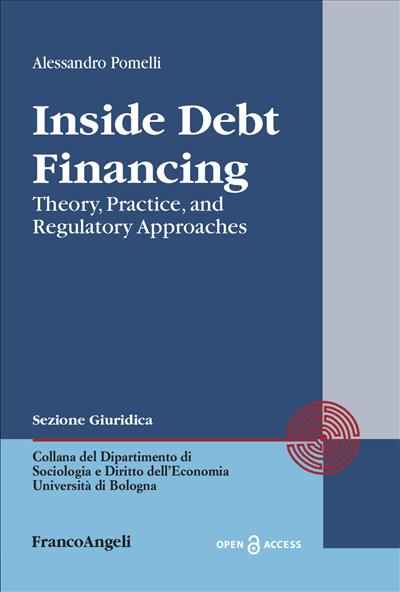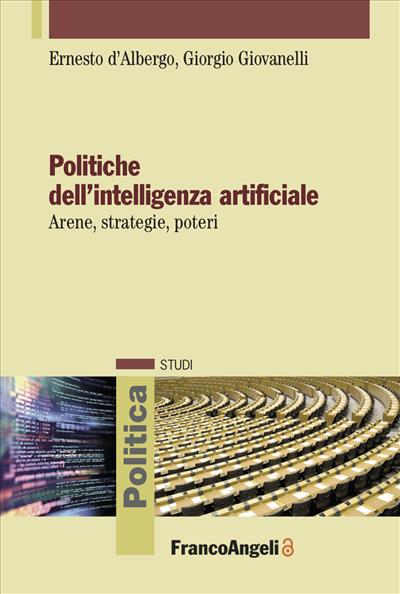
Inside Debt Financing
Theory, Practice, and Regulatory Approaches
Debt finance raised from corporate insiders has attracted the attention of legal scholars over the past several years. After reviewing the literature on the benefits and costs of inside debt financing and illustrating the diverse regulatory approaches adopted by prominent jurisdictions, the book reassesses the risk of opportunistic insider lending based on the state of a company’s finances.
Pagine: 198
ISBN: 9788835150800
Edizione:1a edizione 2023
Codice editore: 10389.1
Informazioni sugli open access




